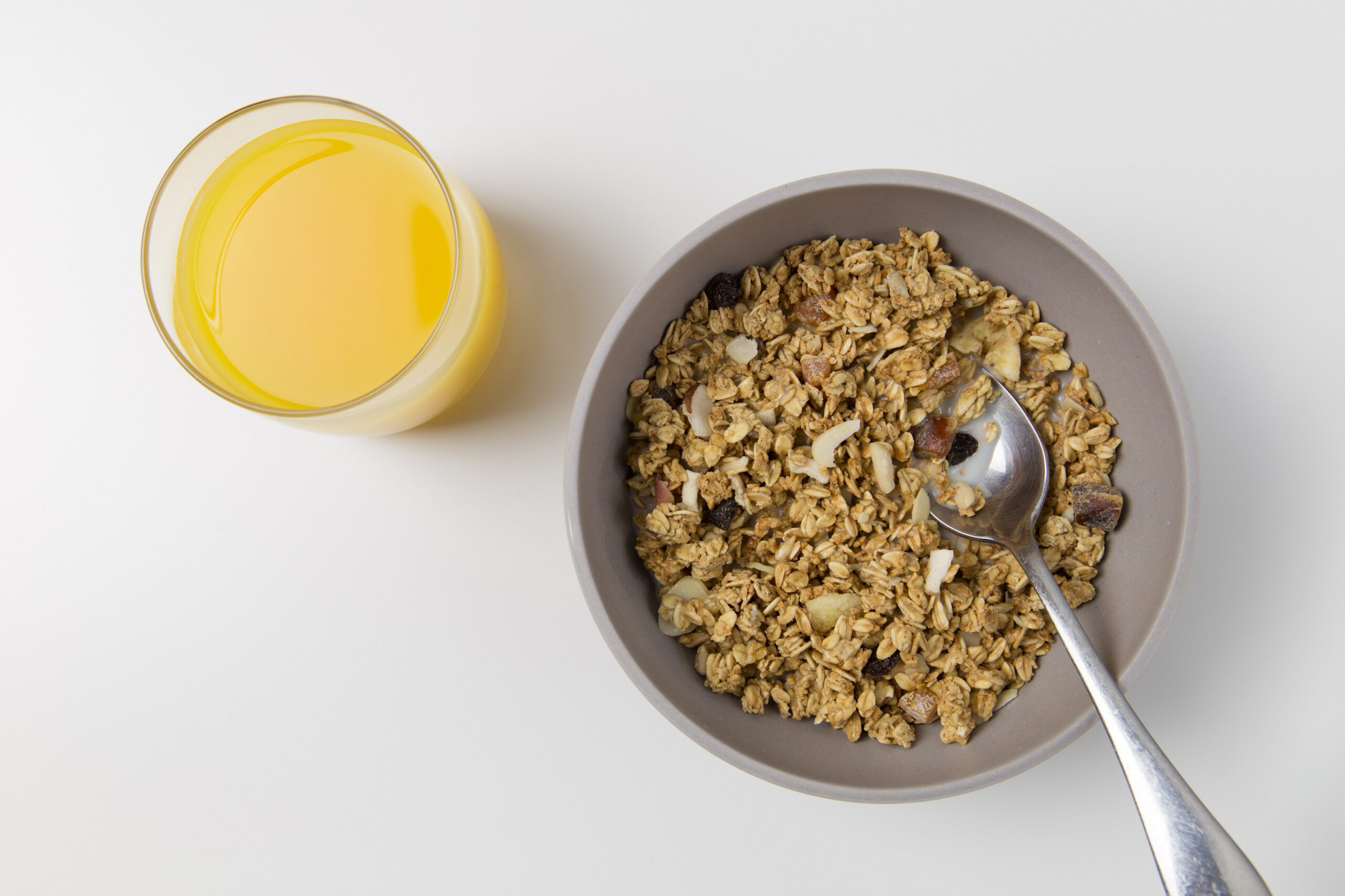The topic of gut health is very much in vogue at the moment, which is ironic given the plethora of fad-diets publicised in the media this past summer.
Fad-diets are usually lacking in fibre, one of the nutrients that makes our gut and heart happy, as they often omit food groups such as carbohydrates, which provide our body with roughage.
Dietary fibre can be defined as ‘the parts of food that cannot be digested or absorbed in our gut’. Fibre is found in carbohydrates such as oats, nuts as well as seeds, wholemeal bread, fruits, vegetables, beans and pulses.
Fibre is extremely important as it helps to keep our digestive system and bowel in good working order, by promoting healthy gut bacteria, in addition to contributing to a healthy immune system and optimal cholesterol levels, which in turn improves the health of our heart.
Fibre helps us to feel fuller for longer, helping to prevent constipation. Although more research is needed, recent studies have also shown some promising links between good gut health and improved mental well-being.
Diversity is key to keeping our guts happy, which involves consuming plenty of colourful fruits and vegetables as well as other plant-based foods.
When looking for high fibre foods, ensure you first check the nutrition label. A food labelled as ‘high in fibre’ must contain at least 6g of fibre per 100g (or 3g fibre per 100 kcal), and foods labelled as a ‘source of fibre’ must contain at least 3g per 100g (or 1.5g fibre per 100 kcal).
Many of us don’t eat enough fibre, and the majority of UK adults don’t reach the target of 30g of fibre per day. To increase your daily fibre intake, you could try:
– Eating the ‘brown versions’ of rice, pasta and noodles
– Choosing a higher fibre breakfast cereal such as granola and muesli
– Swapping to wholemeal bread and wholegrain crackers
– Keeping the skins on your vegetables (and washing them only!)
– Adding more vegetables, beans and/or lentils to meals such as chilli, stews and curry
– Opting for fruit with yoghurt for pudding or a snack
– Swapping crisps for popcorn
What 30g of fibre a day looks like:
– Breakfast (6g fibre) – Bowl of muesli or granola (50g) with 200ml almond milk
– Snack (5g) – Handful (80g) of carrot buttons with a quarter tub of hummus
– Lunch (13g fibre) – Sandwich made with wholemeal bread, a handful of salad leaves and 125g of falafel plus 1 medium apple and a yoghurt
– Snack (5g) – a bowl of muesli or granola, strawberries and cream cheese on seeded toast #muesliontoast
– Evening Meal (6g) – Fajitas made with 1 x wholemeal tortilla wrap with chicken, a pepper & 1/2 onion
TOTAL = >30g fibre
Fibre is just one part of a healthy balanced diet though, so here are my top tips to optimise your nutrition:
- Try to eat a rainbow of colours of foods to ensure you’re getting a wide variety of nutrients.
- Include protein foods such as lean meat, beans, pulses, fish, eggs, dairy and tofu. Fish should ideally be eaten twice a week, including 1 portion of oily fish for heart healthy omega 3 fatty acids e.g. salmon, mackerel, sardines or pilchards.
- Include dairy in your diet such as milk or yogurt (or fortified alternatives – look for calcium and iodine on the ingredients list of plant-based milks).
- Choose higher fibre cereals such as Lizi’s Granolas and Super Muesli, which as a bonus has added vitamins and minerals, some of which many of the population are deficient in.
- Opt for whole-grain starchy foods, such as potatoes in their skins, oats, wholemeal bread, whole-wheat pasta and brown rice.
- Include small amounts of unsaturated fats such as rapeseed or olive oil for cooking and salad dressings.
- Reduce your intake of sugary drinks as well as foods that are high in calories and low in nutrients such as cakes, pastries, biscuits and sweets (have these only occasionally and in small amounts, if at all).
- Drink 6 to 8 glasses of fluid a day, water is best.
Eating an adequate amount of fibre as a part of a healthy balanced diet, in addition to exercising regularly and getting enough sleep, can help to improve gut health which in turn may impact on our mood, heart health and immune system too.
Don’t rush into upping your fibre intake all at once though as this can cause stomach pains and bloating, try building your fibre intake over a period of time instead.
The Lizi’s Granola and Super Muesli ranges are all ‘high in fibre’, providing essential nutrients and good-for-you ingredients.
More info at Lizis.co.uk
